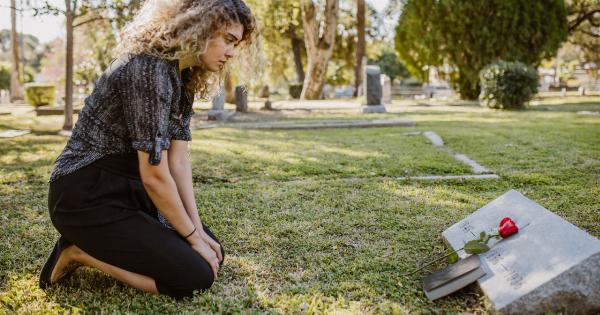Postpartum hair loss is a common phenomenon experienced by women after delivery, and it is characterized by excessive hair shedding that can last for several months.
The changes in hormone levels during pregnancy affect hair growth, making it thicker and fuller, but after delivery, these levels drop, and hair returns to its pre-pregnancy state. The sudden changes in hormone levels can lead to hair loss, and it can be very stressful for women. However, there are ways to deal with this condition, and in this article, we will discuss some of the tips to help you manage postpartum hair loss.
Tip #1 – Be Gentle with Your Hair
During postpartum hair loss, your hair follicles are weakened, and strands of hair are prone to breakage. Therefore, it is crucial to be gentle with your hair to avoid causing further damage.
Avoid hairstyles that pull on your hair such as tight buns, ponytails, or braids, as they can lead to traction alopecia (hair loss caused by physical stress on hair strands). Instead, opt for loose buns or let your hair down. Also, avoid using harsh hair products such as chemical relaxers and colorants, as they can further damage your hair.
Tip #2 – Eat a Healthy Diet
Eating a balanced diet is crucial for your overall health and can help improve the quality of your hair. Incorporate foods rich in vitamins and minerals such as iron, zinc, and biotin into your diet.
Iron is essential for healthy hair growth, and its deficiency can lead to hair loss. Some of the iron-rich foods include spinach, lentils, liver, and oysters. Zinc is also crucial for hair growth, and it helps to maintain healthy hair follicles. Foods rich in zinc include oysters, beef, pumpkin seeds, and lentils.
Biotin, on the other hand, is a B vitamin that is essential for hair growth. Foods rich in biotin include eggs, almonds, and sweet potatoes.
Tip #3 – Practice Good Hair Care Habits
Practicing good hair care habits can help minimize postpartum hair loss. For instance, avoid washing your hair too frequently, as it can strip your hair of its natural oils, leading to dryness and breakage.
Instead, wash your hair with a mild shampoo 2-3 times per week. Also, avoid using hot tools such as flat irons and curling irons, as they can damage your hair. If you must use them, make sure you use a heat protectant spray to minimize damage.
Additionally, avoid brushing your hair when it’s wet, as it’s more prone to breakage. Instead, use a wide-tooth comb to detangle your hair gently.
Tip #4 – Massage Your Scalp
Massaging your scalp can help increase blood flow to your scalp and stimulate hair growth. You can use your fingers to massage your scalp gently or use a scalp massager.
Also, consider using oils such as coconut oil, jojoba oil, or castor oil to massage your scalp. These oils contain essential fatty acids and nutrients that can help nourish your hair and promote growth.
Tip #5 – Invest in Hair Supplements
If you’re experiencing excessive postpartum hair loss, you may want to consider investing in hair supplements. These supplements contain vitamins and minerals that are essential for healthy hair growth.
Some of the commonly used hair supplements include biotin, vitamin D, and omega-3 fatty acids. However, before you start taking any supplements, consult with your doctor to determine the best options for you.
Tip #6 – Manage Stress
Stress is one of the leading causes of hair loss, and it can exacerbate postpartum hair loss. Therefore, it’s crucial to find ways to manage stress to help minimize hair loss.
You can do this by practicing relaxation techniques such as yoga, meditation, or deep breathing. Also, make sure you get adequate rest and avoid overworking yourself.
Tip #7 – Be Patient
Postpartum hair loss can be a frustrating experience, but it’s important to remember that it’s temporary and will eventually stop.
Typically, postpartum hair loss starts two to four months after delivery and lasts about six months before hair returns to its normal growth cycle. Therefore, it’s crucial to be patient and take care of your hair during this period.
Conclusion
Postpartum hair loss can be a challenging experience for new moms, but it’s important to remember that it’s temporary. By following these tips, you can manage postpartum hair loss and help your hair return to its pre-pregnancy state.
Remember to be gentle with your hair, eat a healthy diet, practice good hair care habits and manage stress. Be patient, and before you know it, your hair will be back to normal.





























